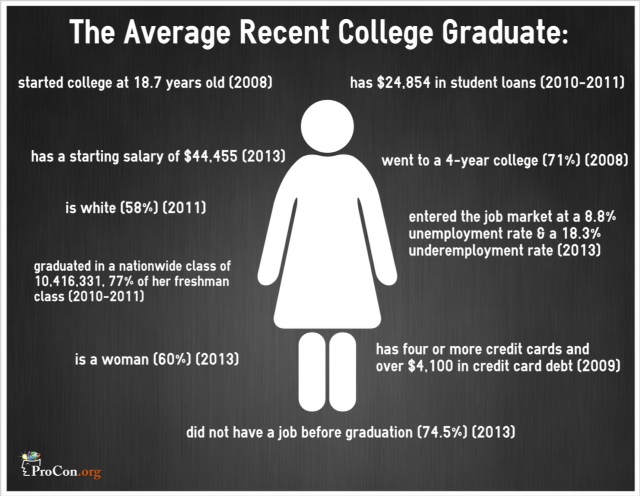 Some damned smart minds have cracked the human genome. New science and technology discoveries are made daily. So with all our native intelligence it should be easy to make wise and appropriate money decisions, right?
Some damned smart minds have cracked the human genome. New science and technology discoveries are made daily. So with all our native intelligence it should be easy to make wise and appropriate money decisions, right?
Not necessarily.
Even the brilliant—the scientists, engineers, doctors, software designers with great levels of expertise and knowledge in their field—don’t get a “get out of jail free” card when it comes to money savvy.
The fact is that we believe that because have competencies in other areas, that somehow we should be masters of money knowledge as well. And there is a poignant moment of truth when we realize we aren’t.
As a Financial Life Planner, I witness these moments of financial truth regularly. Know that you always have a choice about how to react. You can choose regret, which at its best is wasted emotion and at its worst leads to potential disaster. Or you can channel it into a willingness to learn, which sparks a rich and meaningful discussion that makes your planning and decision-making much more impactful.
I recently met with Cheryl and Steven, who had retirement in their sights. When asked about money decisions, Cheryl proudly said, “Oh, Steven knows all about this. He’s been handling our finances for years.”
But as we asked questions, it became evident that Steven balanced the checkbook and paid the bills, organized their paperwork for the accountant at tax time and renewed the insurance policies when they came due. Delving further, we uncovered a poorly constructed and executed portfolio, significant underinsurance for their personal property and liability and far too much life insurance for the needs they outlined.
They also had way too much stashed into money market funds that hadn’t been assigned to a purpose, hadn’t checked their Social Security earnings and hadn’t updated their estate documents since the kids were born. In other words, they got by the best they knew how—but they didn’t know what they didn’t know.
Steven’s discomfort was evident. He knew that he was not a financial planner (which was why we were meeting). He finally came to the realization that he had been avoiding these issues so long and—as retirement was staring them clearly in the face—could no longer ignore them. Before he could muster the words admitting his defeat, I swooped in to save him from that pain. “You’ve done a great job accumulating wealth and you should both feel great about all you’ve accomplished. Now we need to focus on the issues that will provide you with the comfort that all the areas of your financial life have been examined and addressed to meet your goals.”
As Steven exhaled (dodging any potential bullets of blame or recrimination), we focused on what they both cared most about and what they were envisioning for the next chapter of their lives together. It was a life-altering moment for Steven and Cheryl. They could focus on what they wanted, rather than trying to slog through areas that were not their expertise. The pain Steven expected never occurred, instead he received a shot in the arm of confidence that he had done a great job with the tools he had, but now, it was only sensible for him to take things to a level that surpassed his knowledge, experience and comfort.
They aren’t alone. There is a belief that you should somehow magically know how much and what type of life insurance to buy; which 529 plan to open for your kids’ college education; when to update your estate documents; what to look for when deciding on a disability insurance policy; how to gauge risk and return; how much equities vs. fixed income should be in your portfolio; whether to exercise your company stock options; how much cash to hold for emergencies; whether you need long-term care insurance; or when to begin taking Social Security benefits.
This financial knowledge–like all knowledge—is gained over time with study, dedication, experience, focus and continuing education. It isn’t something you master over a weekend—it’s not setting up a home beer brewing kit or planting a vegetable garden. It’s not something you can get by filling out a HuffPo questionnaire that magically tells you what city you should live in or even by completing the survey on your firm’s 401(k) website that tells you how to invest your retirement plan. There are way more variables than the simplistic program can handle. It is a finely-tuned combination of art and science that no robo-advisor or web-based program can provide.
So if you find yourself facing your financial moment of truth—know that it’s really not your job to be an expert. You wouldn’t perform surgery on yourself, now would you? So don’t take this road alone—spend the time to discover the right expert to help you. Not only is there no shame in asking for help, you may just find yourself sleeping soundly for the first time in ages.


